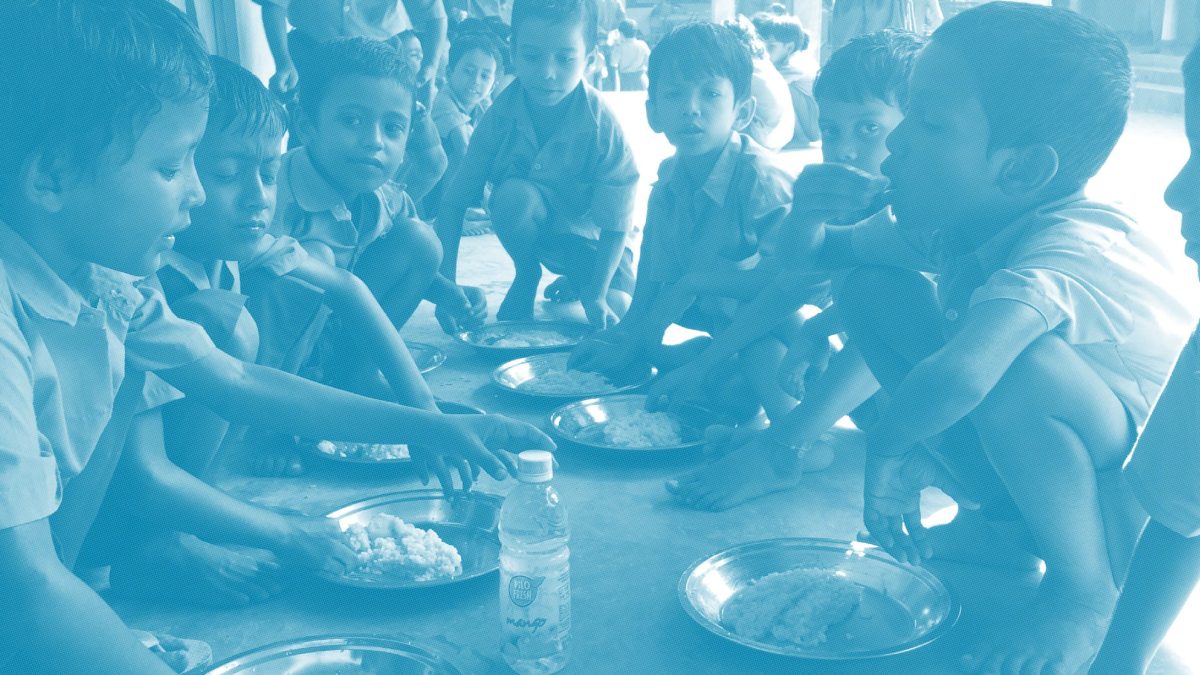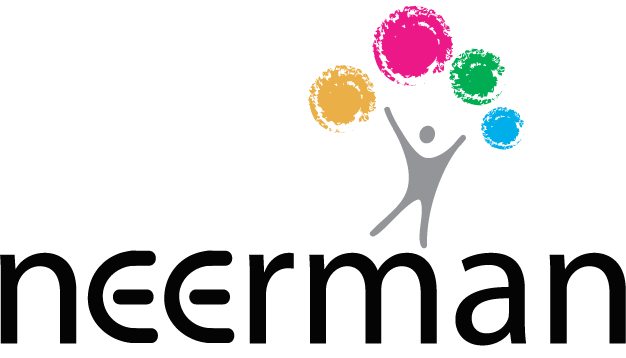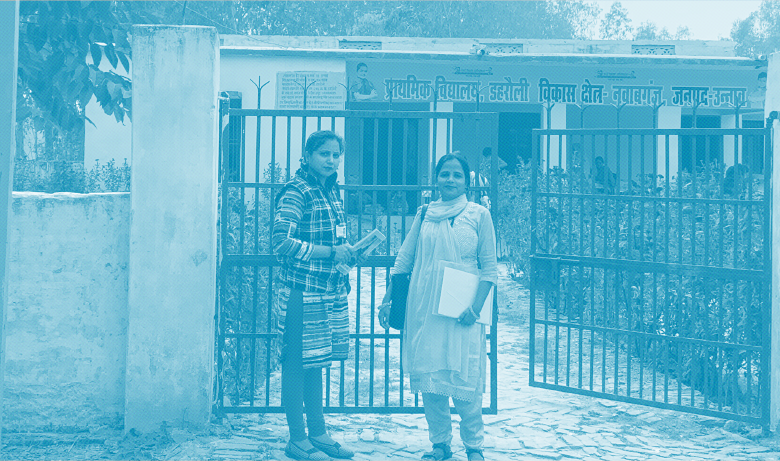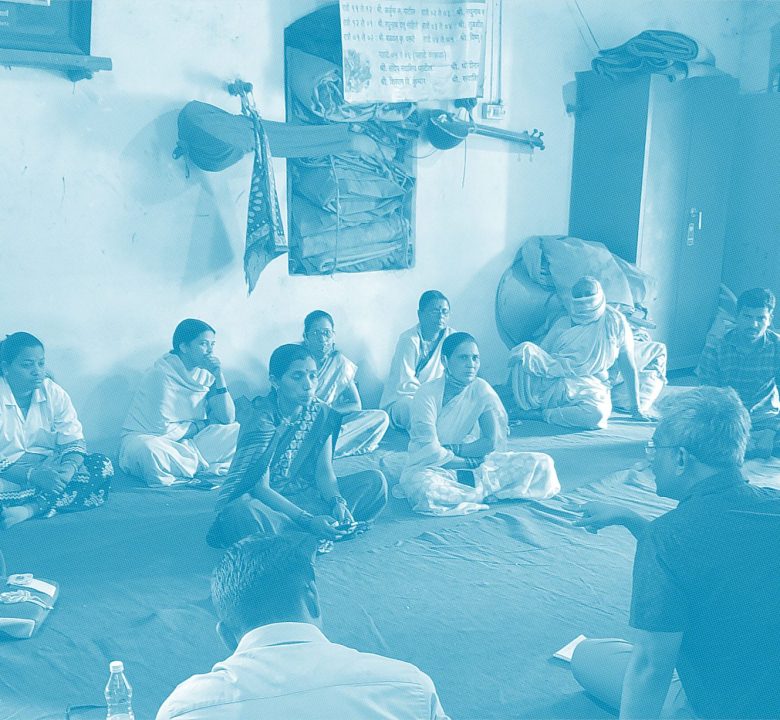
Qualitative Research for IFPRI
May 18, 2021
Improving Results-Based Monitoring in NGOs and CSR Organizations
July 16, 2021Cost Benefit Analysis of Swachh Bharat Abhiyan – Joint study with UNICEF

Proving that a development intervention works is an uphill task. Establishing causation is a really tricky area, and one that is influenced by many factors. This is where a well-thought out methodology comes in. Take, for instance, the joint study by Unicef New York, Unicef New Delhi and NEERMAN, published in World Development (Vol 134, dated Oct 2020).
Called the ‘Comparison of the costs and benefits of the Clean India Mission’, the study reports the first economic analysis of India’s Swachh Bharat Mission.
Launched in October 2014 as the world’s largest sanitation campaign, the Swachh Bharat Mission is a flagship initiative by the Government of India. The study aimed to estimate and compare major economic costs and benefits when sanitation improves in a household.
The methods — how this was done
Household surveys from twelve Indian states that once contributed to over 90 percent of open defecation in India were referred to for cost-benefit model inputs. Published literature and secondary data was also referred to in the study.
The time and money spent by households in building and maintaining toilets was monetised. Along with this, the government’s investments on subsidies and campaign activities was also looked at.
Reductions in medical costs and mortality associated with diarrheal diseases, productive time saved from fewer diarrhoea cases and accessing outside defecation options, and increase in the property value of having a toilet were all monetised. To quote, a “..probabilistic uncertainty analysis assessed the combined effect of key modelling assumptions and sampling errors in the inputs to the cost-benefit model.”
What the study found
The five key findings were eye opening, to say the least:
- Each household was found to gain USD 727 per year — a significant amount given that Some 220 million Indians sustained on an expenditure level of less than Rs 32/day, as per 2013 figures (Source: https://www.downtoearth.org.in/news/economy/how-india-remains-poor-it-will-take-7-generations-for-india-s-poor-to-reach-mean-income–68898).
- The average toilet cost USD 396, which is double of the Government subsidy received.
- Over 10 years, the household was found to recover 1.7 times of the cost.
- Over the same period (a decade), the returns to society is found to be 4.3 times the cost.
- Among those surveyed, the poorest have a financial return of 2.6 and societal return of 5.7 times the cost.
Thinking beyond the study
This kind of study, besides proving beyond doubt the efficacy of a development intervention, also makes a strong case for investment in poverty reduction and health enhancement initiatives in general. It could become one among the reasons that establish the fact that development indicators, when done right, can be a powerful push towards economic and social well-being too, which, in turn, makes a case for companies to invest in such initiatives, even beyond the stipulated CSR spends.
The World Economic Forum’s ‘Global Social Mobility Report 2020: Equality, Opportunity and a New Economic Imperative’ created a stir when it reported that Indians born in low-income families would take seven generations to even approach the country’s mean income. Powerful research can be the wind beneath the wings of powerful programming that can challenge this status quo and set the ball rolling towards achieving Agenda 2030 of the Sustainable Development Goals.


